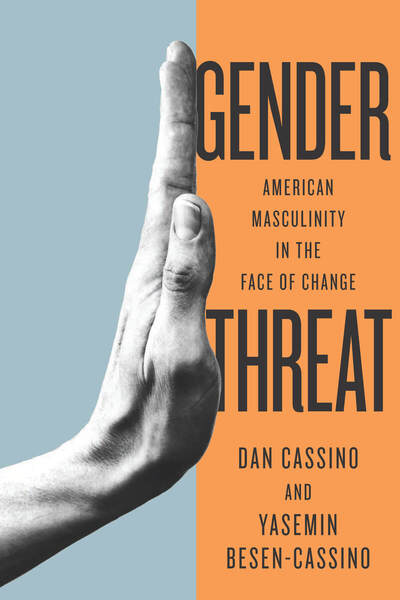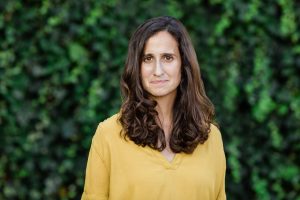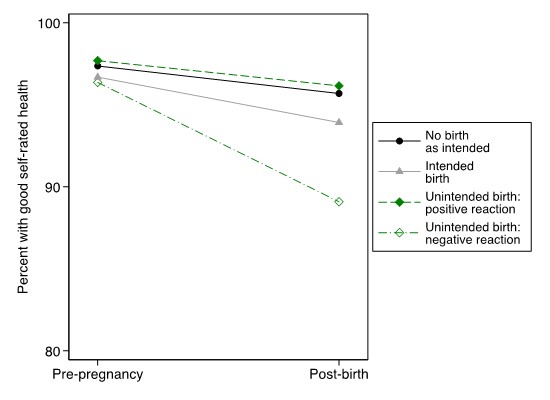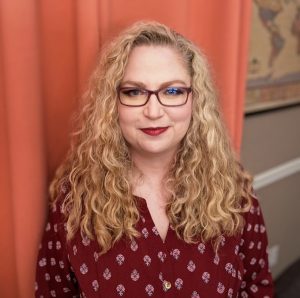
Parents are bombarded with advice on how they should feed their young children. Nutritional science identifies different parental feeding styles and associated health outcomes, while celebrity chefs encourage parents to produce tasty, practical and ‘homemade’ meals. Whatever their source, these messages emphasise healthiness and variation as key components of good feeding. However, despite apparent consistency in the dietary discourse, there are wide disparities in parental attitudes. Why is this the case? And why does it matter?
In my British Academy funded research, I explored how parents of toddler-aged children from different social classes understand good feeding – and how these interpretations influence their day- to-day feedwork. I conducted go-along interviews (accompanying participants on their outings) to participate in the choosing, purchasing, cooking, feeding and cleaning up processes. My research was longitudinal; I collected my data over the course of 2 years from 12 families living in southeast England. This enabled me to observe food practices as children grow and conditions change.
The results showed that parents from all classes consider variation to be key, but they interpret this differently according to their cultural and economic resources. For middle-class interviewees, variety is essential in cultivating a broad, autonomous, and adventurous taste repertoire. This involves continually introducing different types of food, cooking and serving styles to “educate the palate”. Pureed baby food pouches are avoided as “banal” and “horrible,” like “cat food”. These parents, especially mothers, devote considerable time and effort teaching their children how to appreciate “foreign” and “exotic” foodstuffs and, more generally, to achieve this sophisticated ideal of variety.
For families with fewer resources, encouraging their children to appreciate a varied diet is important because feeding “fussy children” is considered to be demanding for many reasons. This practical rationale generates very different practices. For instance, working class families tend to “hide” the foodstuffs that their children might reject in dishes that they like, so they eat them “without knowing it”. Another strategy used to minimize the risk of rejection is to allow children to watch videos or TV when eating. While these pragmatic approaches ensure that variation is delivered and sustained, they fall short of encouraging the heightened culinary agency desired by most middle class parents.
Equally, parents’ understanding of a healthy diet differs widely. Middle class parents tend to adopt a hypercritical nutritional approach, dismissing broader public health messages such as the ‘five-a-day’ rule as too simplistic. They often ignore mainstream advice after doing their own research and are more confident in offering plant-based alternatives, in line with broader environmental concerns. The journey from soil to plate and the importance of reading food labels is also emphasised from early on. This is coupled with a strict and exclusionary definition of homemade; as something “things with no list of ingredients,” and which “produces less plastic waste.”
Providing healthy meals is a primary concern for working class families too, but their main objective is finding a balance between food groups – and their strategies are quite different. For instance, one interviewee sprinkled refined sugar on top of fruits less favoured by her children – a tactic unlikely to be adopted by middle class parents. These families also define homemade more literally: the meal is assembled and consumed at home “properly,” regardless of the number of industrial steps involved in the production of the items prior to purchase.
Why should these interpretative differences matter? Firstly, it shows us that one-size-fits-all recommendations, devoid of any nuanced understanding of parents’ conditions, cannot generate any meaningful impact on feeding practices. If a homemade, varied, balanced, healthy diet is understood so differently, providing information and support to families using these terms is simply not helpful. Secondly, the tastes embodied through these diverse culinary socialisations are likely to yield different symbolic value in adulthood years. Those who possess a complex palette, a heightened sense of culinary agency and environmental awareness are likely to occupy a cultural and moral high ground, whereas those who lack them can easily be categorised as practical (food as fuel), vulgar or uncultivated. Studying the nuanced differences in feeding practices can give us a much needed insight into how class based culinary inequalities emerge and reproduce in everyday life.
Irmak Karademir- Hazır is a Senior Lecturer in Sociology in the Department of Social Sciences, Oxford Brookes University, UK. Her research focuses on the lived experience of social class, cultural inequalities, and consumption practices. You can find her on Twitter @KarademirIrmak
Funding acknowledgement: British Academy Small Grant SG170135












